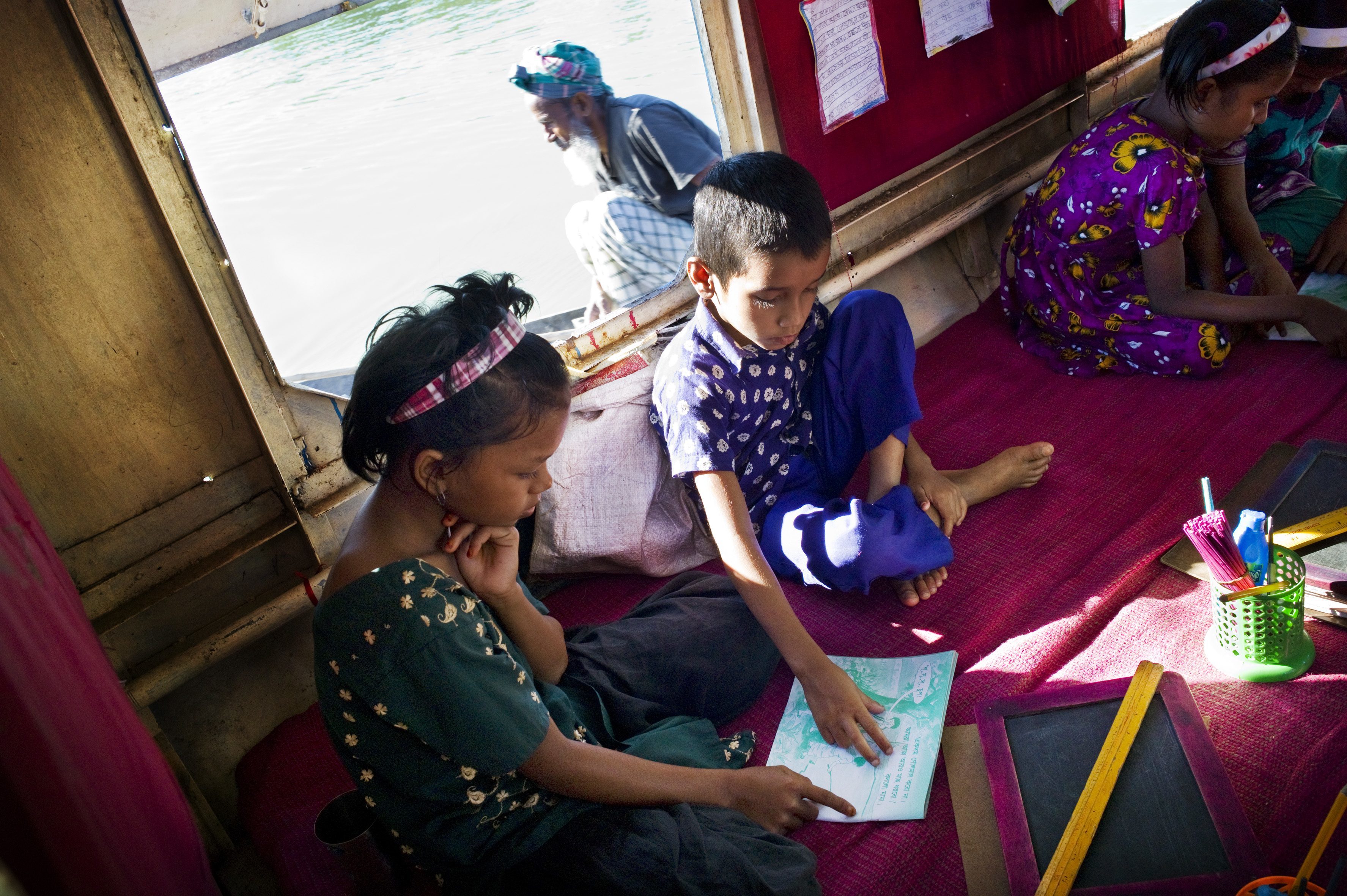Context
In sub-Saharan Africa, public transport is a critical link to education and employment, especially for young women from low-income communities on the urban periphery. However, the transport sector is deeply gendered, limiting women’s access both as users and as workers. Women face routine discrimination, harassment, and safety concerns and have little influence over how transport services are designed or managed. These barriers significantly hinder their ability to travel safely, acquire skills, and participate in the labor market, further entrenching gender inequality.
Solution
Between 2019 and 2022, a research project led by Durham University and supported by the Economic and Social Research Council conducted participatory research with young women in Abuja, Cape Town, and Tunis—three cities selected for their diverse contexts. The project focused on understanding the specific transport-related challenges faced by young women of low socio-economic status. Based on the findings, the team developed and tested pilot interventions aimed at improving safety, access, and inclusion for women in public transport, both as passengers and potential employees.
Impact
This project significantly influenced gender-inclusive transport policy and practice across Nigeria, South Africa, and Tunisia. It led to the development of safe transport charters, training for 70 women employed within the public transport sector, GBV sensitization sessions for 45 male taxi operators, and policy engagement at national levels, including supporting the mainstreaming of gender in the development of Nigeria's national transport policy. Collaborator Transaid integrated findings into broader African programmes. The project enhanced women’s mobility, employability, and safety, with long-term potential to transform public transport systems and promote sustainable, inclusive urban development. Long-term results such as improved gender equity, safer transport systems, and enhanced employment access for women across African cities through sustained policy and sectoral reform are expected to follow, although further evaluations are required to track them.












